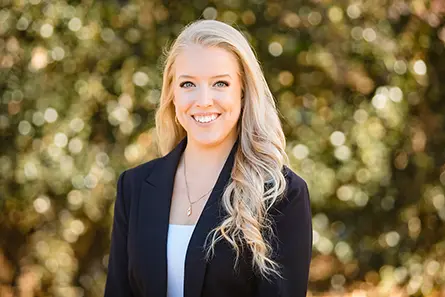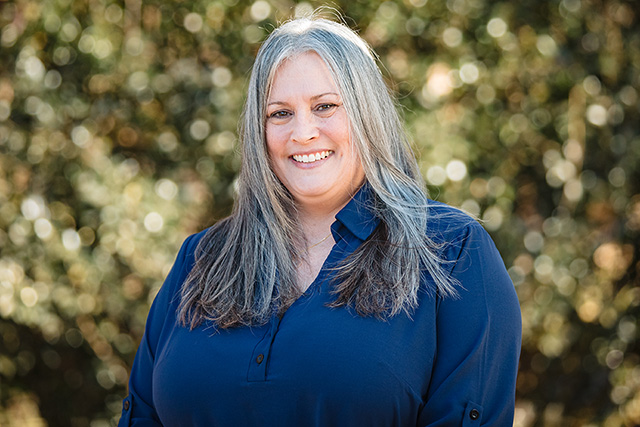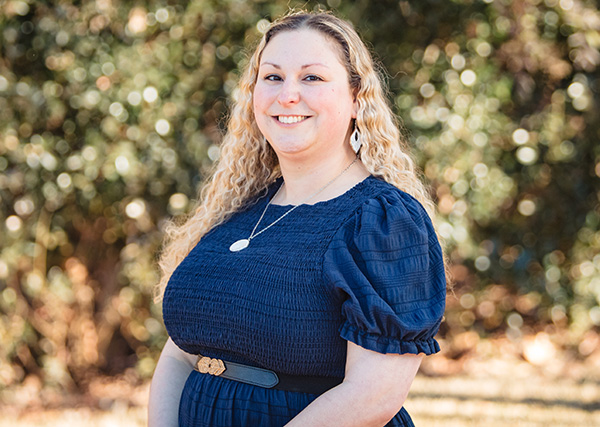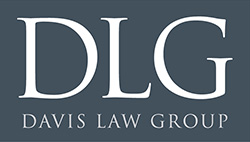General Litigation
What are pleadings?
Pleadings are legal documents that are filed with the Court. Pleadings may contain the parties’ allegations, defenses and the facts on which the claims are based. Pleadings are used to help narrow and define the issues to be litigated.
What is discovery?
Discovery is the legal process in which the parties involved exchange factual and evidential information related to the case. This discovery process allows both parties the ability to obtain disclosure of information and facts, secure evidence for use at trial, and clarify the issues to be litigated.
What is a deposition?
At a deposition, witnesses are questioned under oath about their knowledge of relevant facts of the case and information about themselves. Just as in discovery process, depositions allow the parties to secure facts and information for use at trial. Because depositions occur earlier in the course of litigation, recollections of the witnesses about the events may be clearer. In addition, if a witness passes away, or is otherwise unavailable for trial, the testimony can be used at trial. A court reporter is present and records all testimony.
What should I do if I receive notification that someone is suing me?
We recommend that you contact a lawyer as soon as possible to discuss your situation. When a lawsuit is filed in the court, certain deadlines and specific procedures must be followed. An experienced litigation attorney can explain the process, advise you of the next step in the process, and draft the proper documents to ensure protection of your rights.
Can I file a lawsuit at any time?
Many claims carry a statute of limitation which set out specific timeframes in which a lawsuit can be filed. In most cases, if that time expires, the lawsuit cannot be filed. These time limits can vary depending on the type of case and the jurisdiction (state versus federal law). It is critical to consult with an attorney as quickly as possible if you believe that you have a claim to file.
What is the difference between litigation, mediation and arbitration?
Litigation involves the filing of a lawsuit and typically results in a trial if the matter is not settled. Arbitration and mediation are both alternatives to litigation. Mediation is a cooperative process and uses a neutral third party, such as a mediator, to facilitate a mutually satisfactory resolution. Arbitration also employs a neutral third party (an arbitrator), who will listen to both sides and make a decision. Typically, mediation is a non-binding procedure and arbitration is a binding procedure. There are various costs associated with hiring an arbitrator or mediator. It is important to assess the costs before agreeing to mediation or arbitration.
Questions? Contact Us
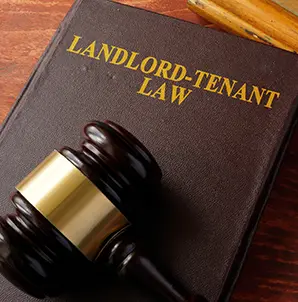
Tenant/Landlord
While disagreements inevitably arise, our goal is to ensure those conflicts are minimized by careful crafting and foresight based upon experience. At Davis Law Group, our experts

Estate & Trust Planning
Estate Planning is essentially the process of preserving and protecting your assets and property during your lifetime, then providing instructions for them to be passed on to

Corporate and Business Transactions
At Davis Law Group we have a unique perspective in our corporate and business law practice. Most "corporate" law firms focus on serving the business rather than

Probate & Trust Administration
When a close relative or friend dies, there are several important legal and taxation matters to be addressed. Depending on how property and other assets are titled,

Civil Litigation
Representing a client involved in business disputes, contract disputes, including mediation, arbitration, or civil litigation in court, is a big responsibility -- one we don't take lightly.

Church and Non-Profit Organizations
Church and non-profit law requires a special understanding of the issues and challenges that face non-profit and religious institutions. The legal advice that best serves business and

Commercial Real Estate Transactions
At Davis Law Group we understand that the commercial real estate process can be one of the most stressful events our clients will ever experience. Hampton Roads

Family Law & Collaborative Practice
The attorneys at Davis Law Group have extensive experience in representing individuals who find themselves in the middle of broken relationships, and we are effective advocates when

Employment Law
Few relationships impact our daily lives as much as the relationships we have at our workplaces. For most people, it is the place they spend the majority
Douglas W. Davis
Attorney, Managing PartnerSuAnne Hardee Bryant
AttorneyDouglas H. Cook
Attorney, of CounselStephen Haynes
AttorneyJeff Coombs
Attorney, Nonprofit Practice LeaderGrant Hurley
AttorneyKari Ann Hedwall
AttorneyChristen Davis
Senior ParalegalLauren Baust
ParalegalRebecca Garnsey
ParalegalMelissa Smith
ParalegalAmber Barbeau
ParalegalKaren Nootnagel
ComptrollerNicole Capomaggi
Receptionist/Client LiaisonProactive, Comprehensive Estate Planning for
A comprehensive estate plan should address all your assets. For most individuals, an estate plan must encompass three common categories: (1) your primary residence;
Buying a Business that Includes
Buying a business and purchasing real estate are two very different investments. Business ownership typically requires some management skills and knowledge about market conditions,
Critical Asset Protection Tips to
It is a common misconception that only affluent families and individuals in high-risk professions require an asset protection plan. In reality, anyone can be











